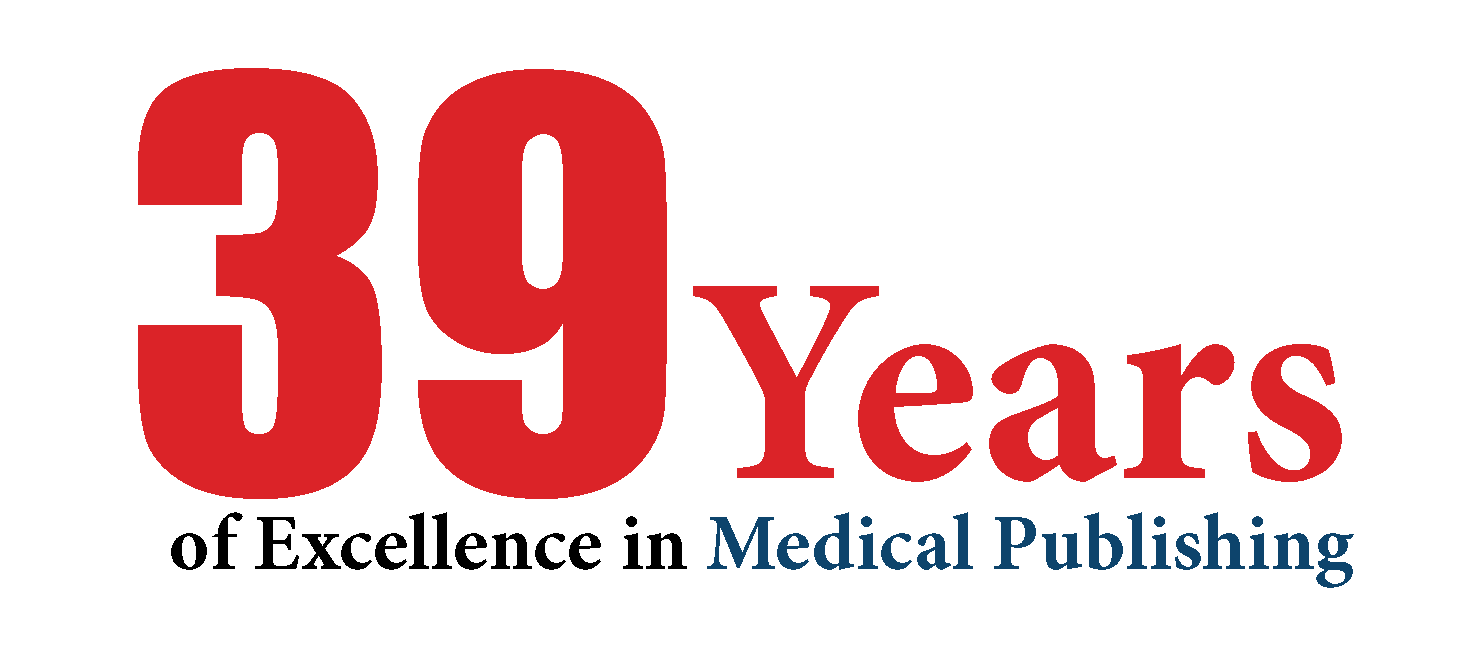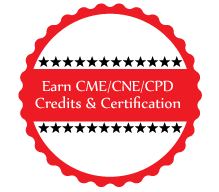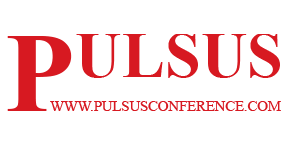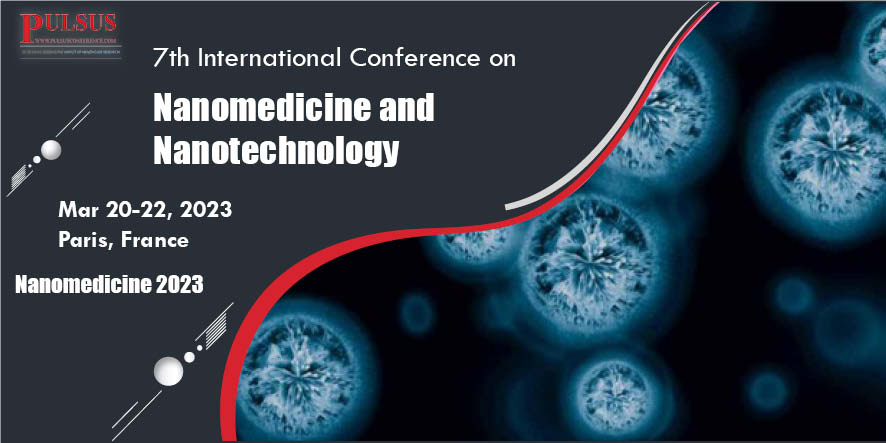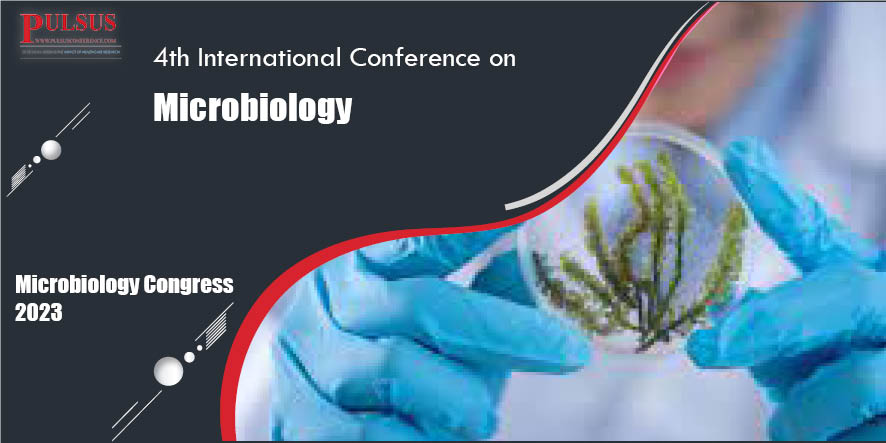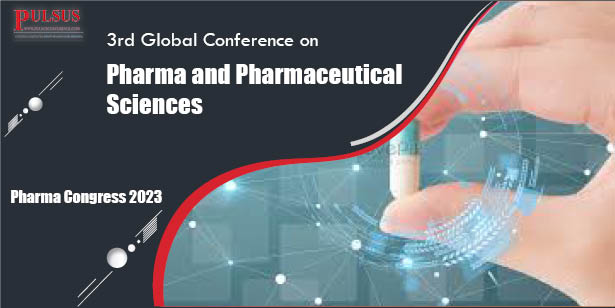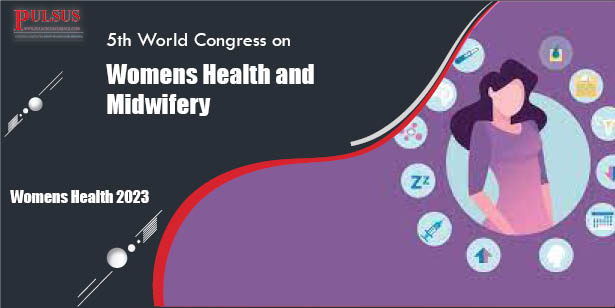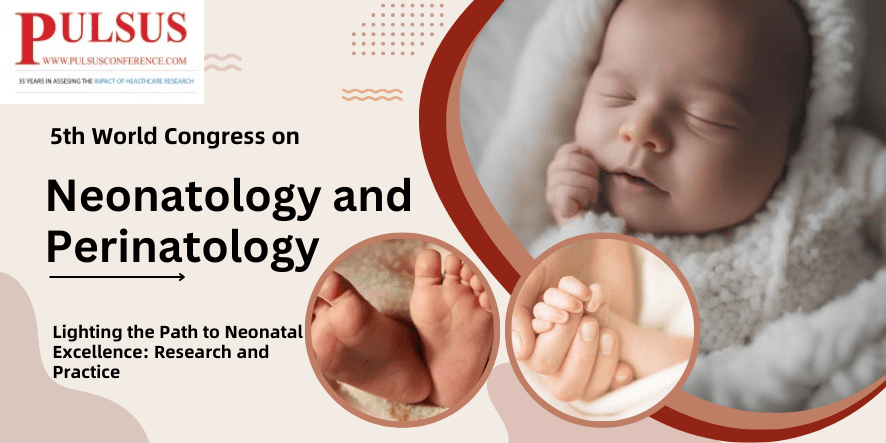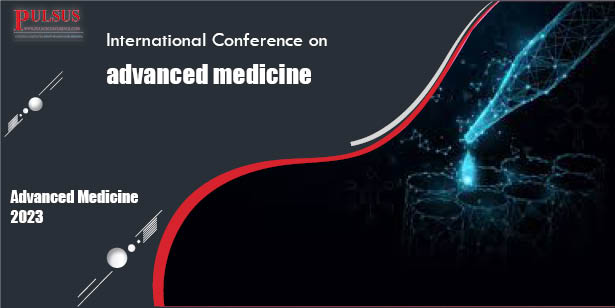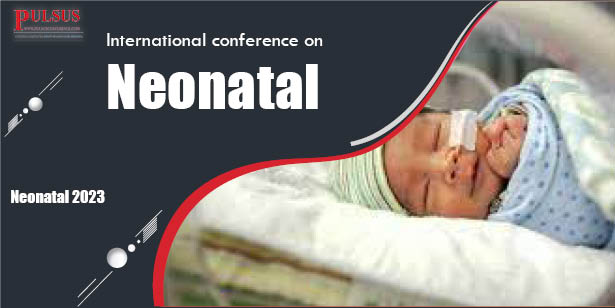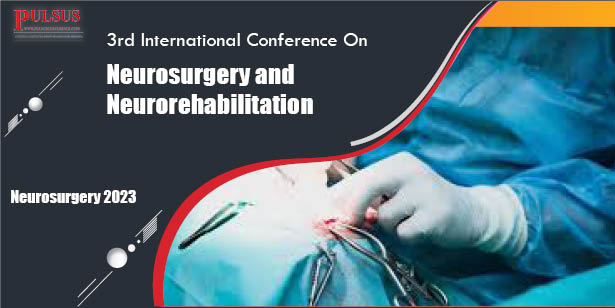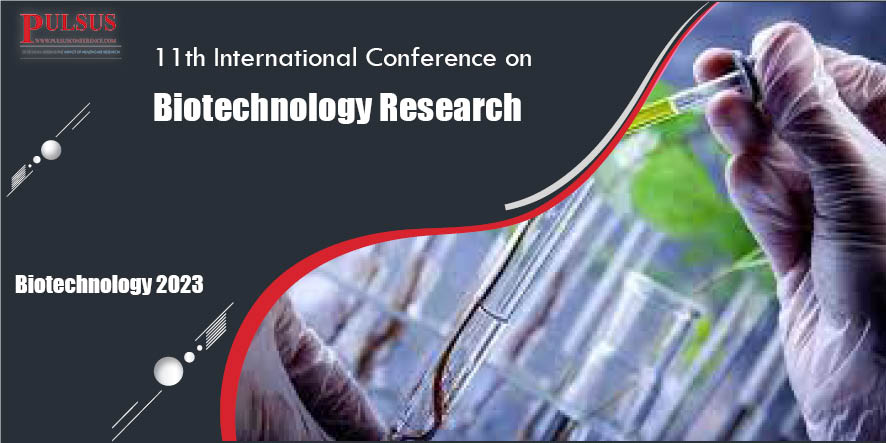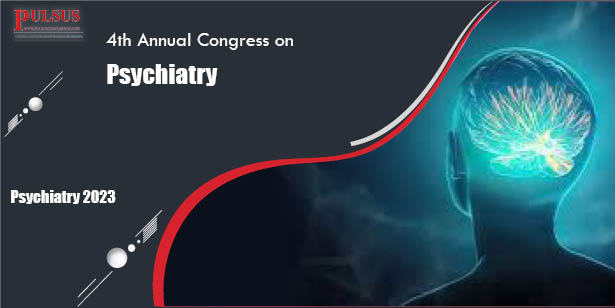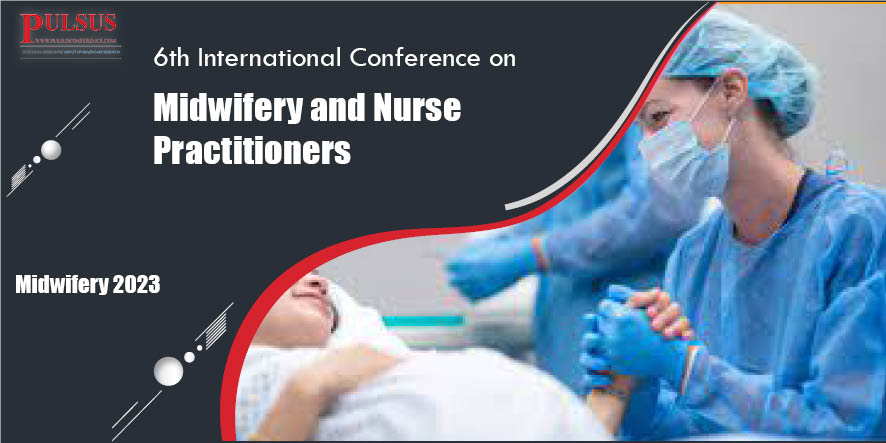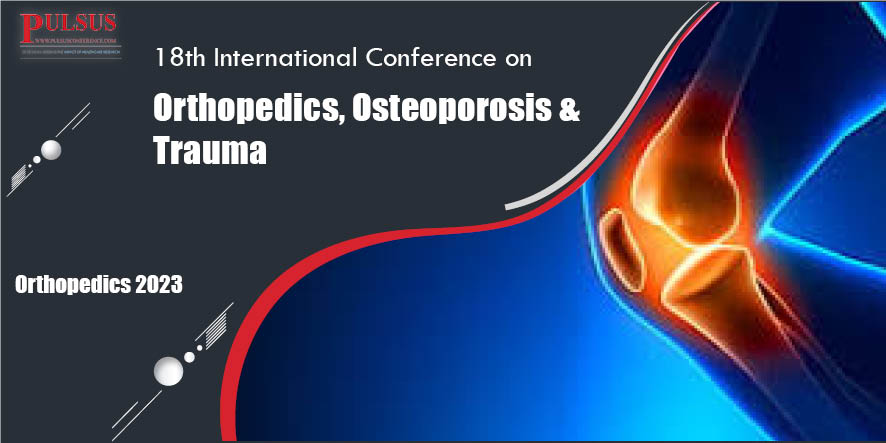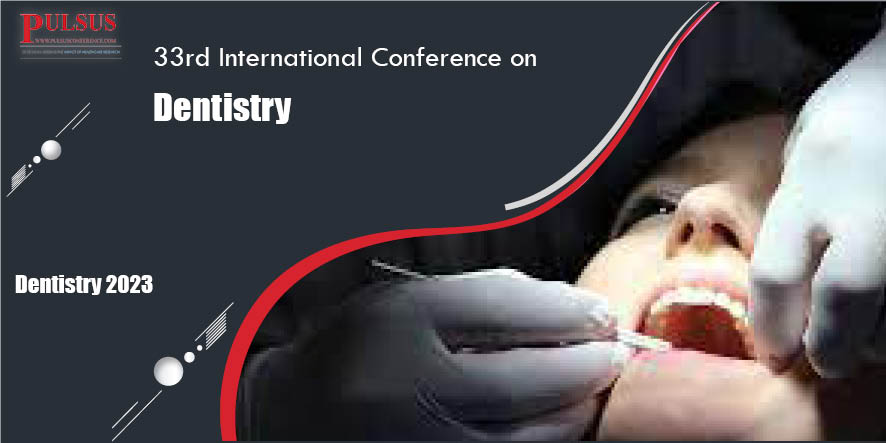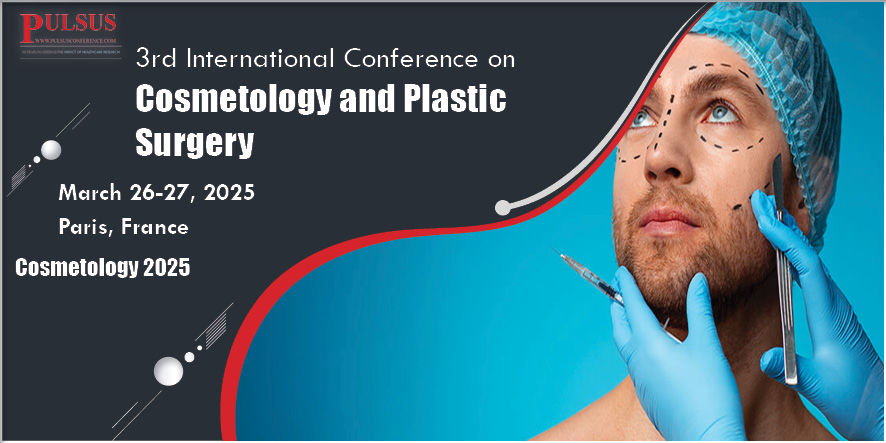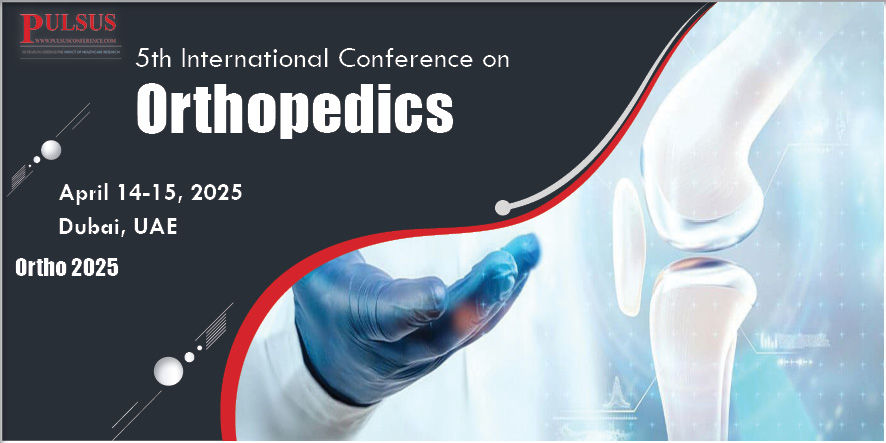About Nanotechnology Conferences
Nanotechnology Conferences 2023 | Nanotechnology Conference | Nanoscience Conference | Materials Science Conference | Molecular Biology Conference | Nanomaterials Conference | Biomaterials Conference | Structured Materials Conference | Advanced Materials Conference | Emerging Materials Conference | Tissue Engineering Conference | Nanotechnology Events | Nanotechnology Meetings | Nanotechnology Gathering
The Nanotechnology Conferences 2023 is a gathering of researchers devoted to the investigation of a world that is so little, which we can't see it, even with a light magnifying lens. The world is a field of nanotechnology, domain of molecules and nanostructures which are firmly established in our way of life than the vast majority of us would understand. It is a syncretic field, zeroed on the advancement of new and better materials for the upcoming age of designing applications in Nano size.
The United States has the greatest market for Nanomaterials due to the widespread use of Nanotubes in a variety of industries. Electrical and electronic goods, pharmaceuticals, and chemicals are the main application segments in the North American market. In the field of Nanomaterials, Europe has a substantial market share. As a result of greater mass manufacturing, the price of nanomaterial has decreased.
Nanotechnology will keep on assuming a considerably more critical part in the current and future world. The significance of nanotechnology in each part of life can never be undervalued. To quit discussing and working with nanomaterials is to dispose the embodiment of life's presence. As a result, far more complicated, better, and useful materials are required for a bright future, which Materials may provide. Material Science innovation and design have the potential to meet these demands in a variety of areas of the economy, and bright countries are fast establishing speciality zones for themselves by developing materials of many kinds. Consequently, it turns out to be extremely obligatory for everybody to give fundamental significance to this evergreen field. As the Nanotechnology applications spread its wings to a great extent, the number of fields where it is involved is getting broader day by day. It serves as a boon to the society as the number of sectors getting benefitted through this science continues to rise on a regular basis.
Nanotechnology Conferences 2023 | Nanotechnology Conference | Nanoscience Conference | Materials Science Conference | Molecular Biology Conference | Nanomaterials Conference | Biomaterials Conference | Structured Materials Conference | Advanced Materials Conference | Emerging Materials Conference | Tissue Engineering Conference | Nanotechnology Events | Nanotechnology Meetings | Nanotechnology Gathering
Nanotechnology refers to a type of manufacturing technique that allows you to create things from the atom up and reorganise materials with atomic accuracy. Nanotechnology, in other terms, is the three-dimensional structural control of materials and devices at the molecular level. Tools can be used to prepare, characterise, manipulate, and even visualise nanoscale structures.
“Nanotechnology is a tool-driven field."
Other phrases used to describe this developing technology are molecular engineering and molecular manufacturing. This technology isn't currently available. However, scientists have recently developed the ability to directly view and manipulate atoms. However, this is simply one component of a rising number of nanoscale science and technology techniques. Making commercial items could still be a few decades away.
“Nanotechnology is Engineering, Not Science.”
Nanotechnology's basic thesis is that practically any chemically stable structure that isn't expressly forbidden by physical constraints can be constructed. Theoretical and computational models show that molecular manufacturing systems are feasible and do not break any physical laws. These simulations also offer us a sense of how a molecular manufacturing system would look. Physics, chemistry, biology, electronics, and computers are all used in this melting pot of science. Today, scientists are developing a variety of tools and approaches that will be required to turn Nanotechnology from a concept to a reality.
Nanotechnology is commonly referred to as the "tiny science." It deals with manipulating particles at the atomic level, usually to create new compounds or make changes to existing ones. Nanotechnology is being used to solve difficulties in electronics, biology, genetics, and a variety of other fields, as well as in a variety of business applications.
Nanotechnology is defined by the fact that nanoscale materials have distinct chemical and physical properties than bulk materials, and that these properties can be used to develop new technologies.
Scientists have discovered, for example, that altering the particle size can tune the electronic—and thus optical—properties of nanometer-sized particles. The fluorescence intensity of gold metal is increased over 10 million-fold when it is reduced to nanosize rods, according to a recent study by a group at Georgia Institute of Technology. The wavelength of the generated light increases linearly with rod length, whereas light intensity increases squarely with rod length, according to the research.
We welcome all researchers and scientists to participate in order to encourage connections with senior researchers in the fields of Nanotechnology and nanomedicine, as well as experts from major Nanotechnology companies.
We hope that the conference will serve as a forum for the exchange of scientific ideas, the encouragement of new research, and the establishment of new contacts for closer collaboration, so that we can all work together to shape the future for the young researchers who are today's reality and tomorrow's future.
By providing competition venues, Nanotechnology 2022 provides a fantastic opportunity to meet specialists in the field of Nanotechnology. The conference allows attendees to have their Nanotechnology challenges handled by acknowledged global specialists who are up-to-date on the latest Nanotechnology technologies. World-renowned keynote speakers, plenary talks, a young research forum, poster presentations, technical workshops, and career advising sessions will all be included at this Nanotechnology conferences 2023.
Market analysis:
Nanotechnology Market analysis-2030
Nanotechnology Conferences 2023 | Nanotechnology Conference | Nanoscience Conference | Materials Science Conference | Molecular Biology Conference | Nanomaterials Conference | Biomaterials Conference | Structured Materials Conference | Advanced Materials Conference | Emerging Materials Conference | Tissue Engineering Conference | Nanotechnology Events | Nanotechnology Meetings | Nanotechnology Gathering
The global Nanotechnology industry was worth $1.76 billion in 2021, and is expected to grow to $33.63 billion by 2030, with a 36.4 percent compound annual growth rate (CAGR) from 2021 to 2030. Nanoscience and Nanotechnology are the study of nanoparticles and devices with applications in chemical, biological, mechanical, and material science. The Nanotechnology market encompasses the creation and application of physical, chemical, and biological systems and technologies at scales ranging from single atoms to 100 nanometers.
Due to the installation of partial and complete lockdown among countries to minimise the pandemic, the growth of the Nanotechnology industry was limited in 2020 and is expected to be limited through the end of 2021.
Nanotechnology has a large impact and is a breakthrough and helpful technology in a variety of industries, including communication, medical, transportation, agriculture, energy, materials and manufacturing, consumer products, and housing. One of the important reasons projected to contribute to the rise of the Nanotechnology market size is the emergence of new use cases and applications. According to the US National Nanotechnology Initiative, there are approximately 20,000 researchers engaged in the subject of Nanotechnology. The Institute of Occupational Medicine in the United Kingdom estimates that 2,000 people are employed in new Nanotechnology enterprises and institutions in the United Kingdom, where they may be exposed to nanoparticles.
Moreover, numerous businesses around the world are investing in the Nanotechnology sector and its new uses. For example, in 2018, researchers from Osaka University collaborated with academics from The University of Tokyo, Kyoto University, and Waseda University to create gene nanochips, which are integrated gene logic chips. Using integrated factors on the nanochips, these self-contained nanochips may turn genes on and off within a single chip, minimising unintentional crosstalk.
Nanoscale sensors and devices may also be utilised to enable long-term monitoring of the structural integrity and performance of bridges, tunnels, railways, parking facilities, and pavements at a low cost.
Furthermore, nanoscale sensors, communications devices, and other nanoelectronics-based innovations aid in the development of a better transportation infrastructure that can communicate with vehicle-based systems to assist drivers in maintaining lane position, avoiding collisions, adjusting travel routes to avoid congestion, and improving drivers' interfaces with onboard electronics. All of them are expected to be significant Nanotechnology market advances around the world.
The global Nanotechnology market is predicted to grow as a result of factors such as greater acceptance of Nanotechnology in medical diagnosis and imaging, as well as technological advances in nanotech products. However, issues in the deployment of nanodevices in harsh settings, as well as the high cost of the technology, act as major hurdles, inhibiting industry growth. On the other hand, the rise in government backing and R&D funding, as well as the emergence of self-powered nanotech gadgets, are expected to provide profitable chances for the Nanotechnology market projection.
Metrics:
Pulsus Group is one of the world’s remarkable Scientific Conference Organizers who have their individuality on all the spectrums of Science, Technology and Business. A part of every conference series’ success specifically hangs on to how far it reaches the online community. Having an online audience is critical to make an international gathering a great success; be it research or academic or industrial.
Research personnel, Academicians, Research institutes, Industrialists and students involved in Nano studies are the key participants who show intense desire in attending the Pulsus conference series on Nanotechnology as represented in the below quoted metrics. Conferences based on Nano science, nanotechnology, Nano biotechnology, and its related fields show a large number of unique visitors and page views which were proved to be a thriving success.
Pulsus further extends its frontier through maintaining its every conference proceeding in its respective conference webpages and its official social media accounts. Thus, aspiring to have the participation of the international scientific and industrial communities to come and experience the pack of talks, discussions, product exhibitions and alliances.
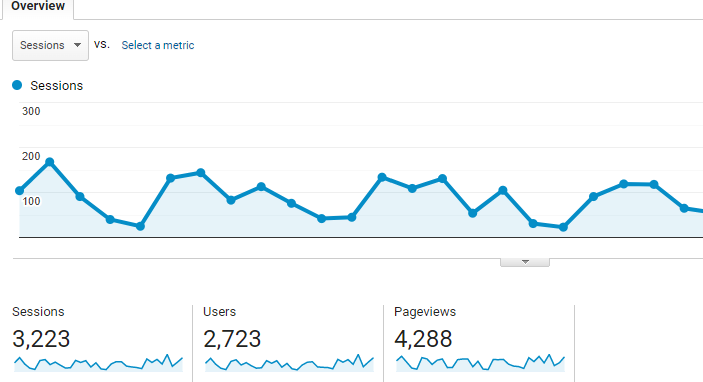
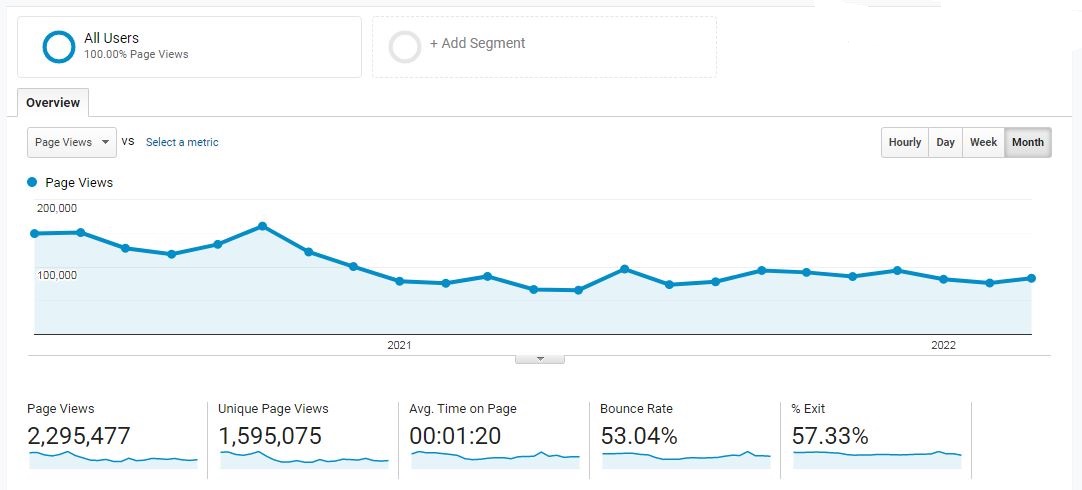
Nanotechnology Conferences Pulsus Conferences
